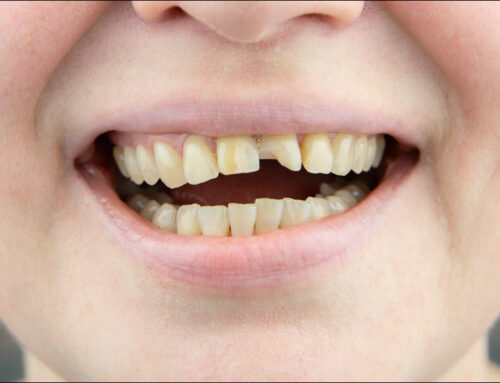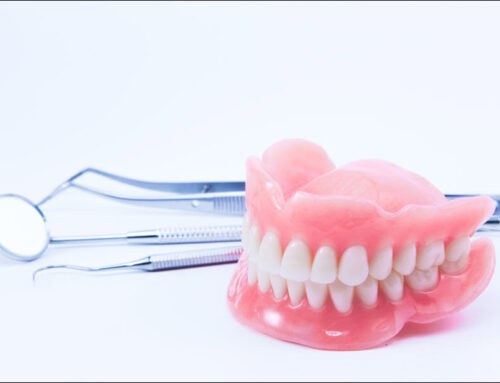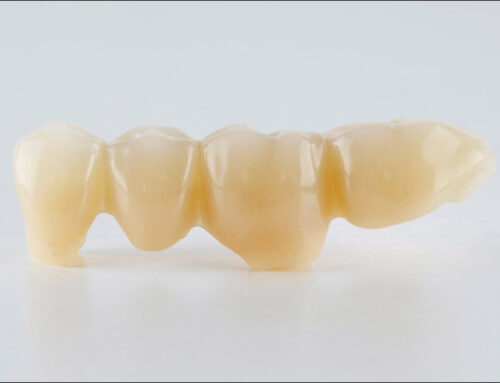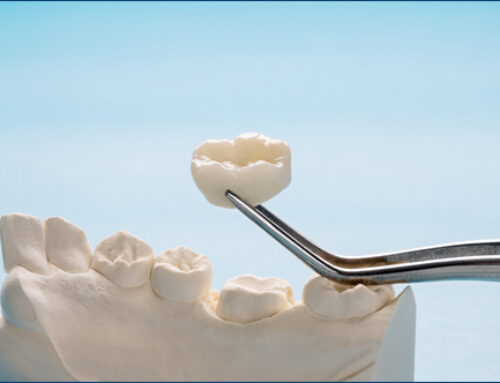Dental emergencies can be alarming and occur unexpectedly. Whether it’s a sudden toothache, a knocked-out tooth, or a broken filling, knowing how to handle these situations can make a significant difference in the outcome. This guide will provide you with quick solutions and advice on when to seek professional help.
Common Dental Emergencies and Quick Solutions
Toothache
A severe toothache can be a sign of an underlying problem, such as tooth decay or an infection. For temporary relief, rinse your mouth with warm salt water to reduce inflammation and clean the affected area. Over-the-counter pain relievers like ibuprofen can help manage discomfort. Avoid placing aspirin directly on the gum, as it can cause burns. However, if the pain persists or worsens, it’s important to contact your dentist as soon as possible.
Knocked-Out Tooth
If a tooth is knocked out, time is of the essence. Handle the tooth by the crown (the top part), not the root, and gently rinse it with water if it’s dirty. Try to reinsert the tooth into its socket, holding it in place with clean gauze. If reinsertion isn’t possible, place the tooth in a container of milk or a saline solution to keep it moist. Seek dental care immediately, as reattachment is more successful if done within one hour of the injury.
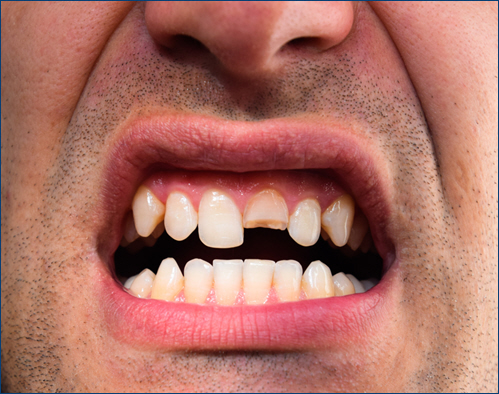 Broken or Chipped Tooth
Broken or Chipped Tooth
A broken or chipped tooth can be painful and may require urgent attention. Rinse your mouth with warm salt water and apply a cold compress to reduce swelling. Save any broken pieces of the tooth and avoid chewing on the affected side. Contact your dentist to schedule an appointment for a proper evaluation and treatment, which may involve dental bonding, crowns, or other restorative procedures.
Lost Filling or Crown
Losing a filling or crown can leave the tooth exposed and vulnerable. If you have a lost filling, you can temporarily fill the cavity with sugarless gum or dental cement, available over-the-counter. For a lost crown, you can use dental adhesive or glue to temporarily secure it in place until you can see your dentist. Avoid eating hard or sticky foods that could aggravate the situation.
When to Seek Professional Help
While the above solutions can provide temporary relief, professional dental restorative care is essential for proper treatment. Always seek immediate help from a dentist if you experience severe pain, notice signs of infection (such as swelling or fever), or if the issue involves significant trauma to your mouth. Prompt attention can prevent complications and ensure better outcomes.
Handling dental emergencies effectively involves quick thinking and immediate action. By following these guidelines for common issues and understanding when to seek professional help, you can manage dental emergencies more effectively and protect your oral health. Always have your dentist’s contact information readily available and don’t hesitate to reach out in case of an urgent situation.


